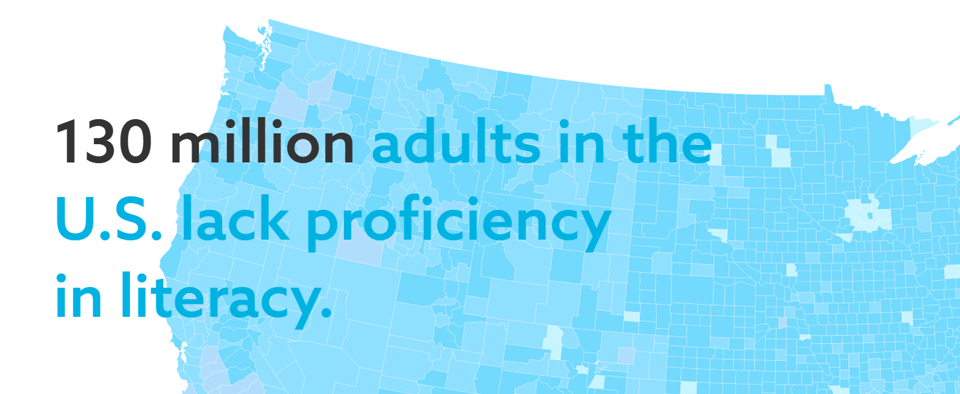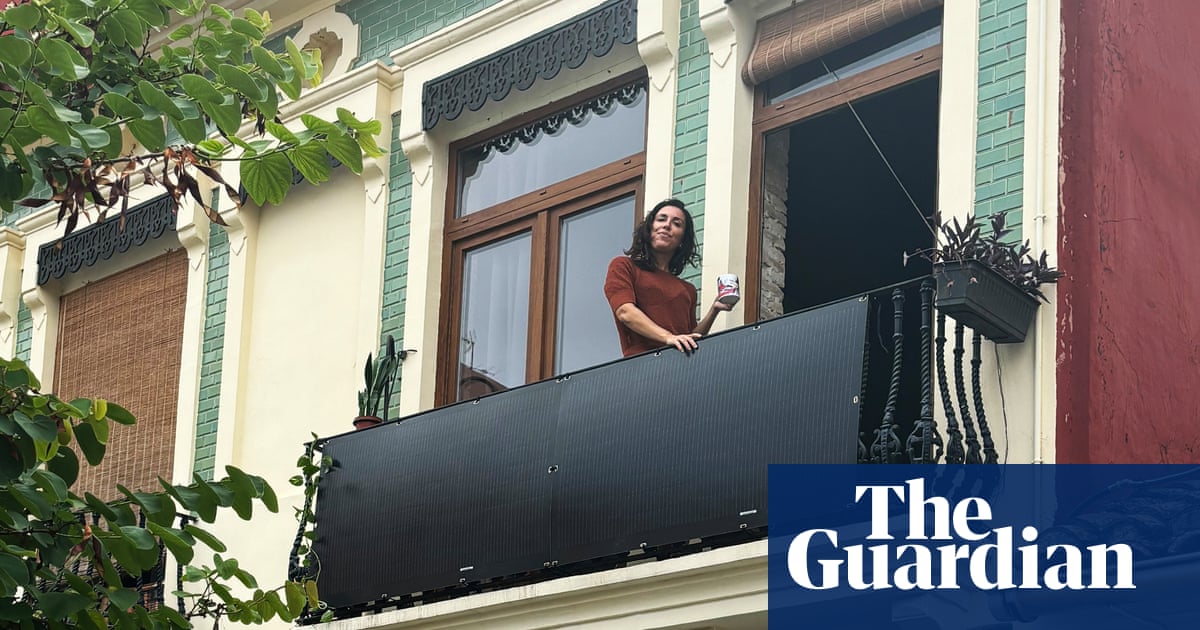Late Winter Tiny Letter, Captain Obvious edition
Hello, friends.
I wouldn’t usually send newsletters quite so often, but it seems I’ve accumulated some really good articles and essays to share share with you.
And now that we are into January - WTF happened?!?!
As I started to write this, I realized that I could not address the wide range of motivations people have in voting for an authoritarian. It would just take too many words, and I don’t want you to fall asleep at your screen.
Perhaps just a few notes
First of all, it’s natural that people who are not good human beings would gravitate towards voting for someone who is very clearly not a good human being. Let’s leave them out of the analysis.
What is surprising, and a greater cause for concern, is a very large number of people who voted for a terrible human being who are not in fact, terrible human beings themselves. The most charitable explanation for the latter group is that they simply don’t know any better. This may seem patronizing, but it is in fact a more kind, even generous, explanation for their behavior than holding them directly responsible for what follows (even though—well—they are). See also:
I can’t believe a leopard bit my face off!
— Man who voted for the Leopard Eats Your Face Off party
We have long known that “if people just had the facts they would…” is a liberal fantasy. Facts and information, mostly, don’t change minds. Besides, for that to happen, someone needs to be regularly exposed to clear, factual information. And with so many people existing in information silos, that is very difficult.

In a recent discussion with @Jena, I learned that our adult literacy rate is abysmally low. So low, in fact that it lines up quite nicely with the election results. I don’t think it is the only explanation, but without literacy, people are extremely susceptible to disinformation, in part because they lack the skills and motivation to read anything for themselves. Where do you look if you don’t even know that there might be a place to look? A.K.A., you don’t know what you don’t know.
130 million Americans—54% of adults between the ages of 16 and 74 years old—lack proficiency in literacy, essentially reading below the equivalent of a sixth-grade level.
Poor literacy doesn’t make you stupid, but it most certainly makes you deeply uninformed and disempowered.
In a 30 minute audio essay, which I also give a Four Star recommendation, Sam Harris provides a complementary theory. If you want to understand how a mainstream Democrat lost so badly to a sociopath/grifter/felon, this is required listening. It’s not fun or uplifting, but it is important, and it’s delivered in Harris’ typical even tone.

Jobs: In my life, I’ve witnessed three elite salespeople at work. You won’t like their secret.
My wayward months as the best telemarketer in America.
A brilliant essay on working in sales.

‘We have been heard’: Montana youth score a major climate victory in court | Grist
In a 6-1 ruling, the Montana Supreme Court affirmed their constitutional right to a “clean and healthful environment” in a key climate case.
This is exciting and hopefully a trend.

Investing - Essays - Yield Giving
Established by MacKenzie Scott to share a financial fortune created through the effort of countless people, Yield is named after a belief in adding value…
20 billion to nonprofit efforts
While Jeff Bezos screws over his employees and cozies up to our incoming authoritarian, his ex-wife MacKenzie Scott has lead an effort to give about $20 billion to nonprofits. That’s not a typo.

Gen Z Grew Up Chronically Online. Now, They're Craving 'Third Places.' | HuffPost Life
Young people are dreaming of a world where they don't have to buy a $16 cocktail just to hang out.
I’m going to file this one under Captain Obvious.

One of my favorite Third Places is University of Wisconsin-Madison’s Memorial Union Terrace. You can meet a friend there, gaze at the lake, swim, hang out, and spending money is optional. In summer there is free live music.

Shallow Feedback Hollows You Out - by Ivan Vendrov
the actually scary thing about social media
The above also feels like Captain Obvious to me, but I am glad it is getting some attention. Also a callback to last newsletter’s rant about the Walgreens queue! Can U believe it? I’m not aware of how serious HuffPost’s reporting is at present moment, caveat lector (reader beware…I think that’s the Latin). Hat tip to @Elizabeth.

Flu surges in Louisiana as health department barred from promoting flu shots - Ars Technica
Flu is rising around the country, but Louisiana is well ahead of the curve.
Yeah, sorry, Captain Obvious, again! That’s a three-fer. I know seasonal flu shot uptake is abysmal, in part because for healthy people, getting the flu is mainly an annoyance, and doesn’t have potential long term consequences like COVID. (There’s no ‘long flu’.) For the less healthy, however…the flu is serious. This kind of article sadly validates another stereotype of poor Southern states.
I miss the old internet - but aspects remain
Much has been said about this, but we really did lose something with the consolidation of so much communication onto social media platforms. Recently, I decided that I really ought to start taking my mobility and flexibility more seriously. Weightbearing exercise is great for strength, but it doesn’t necessarily make you more mobile. I asked the hive mind at Ask Metafilter. I’ve been using Metafilter since 1999, when a work colleague introduced me to it. It’s kind of a more sane, lower volume alternative to Reddit. There are perhaps 10 or 20 front page posts per day. No photos or embedded crap. Ask Metafilter is just that, a place where you can ask any question.
How to figure out auto insurance specifics when you’re traveling
Where to source obscure electronics
What are some songs that sound like {X}
What is a good gift for a family visting from South Korea…and so on
I wanted a suggestion for mobility exercises. I asked my question, and I got great responses. One of them pointed me to a decidedly non-hyped expert.

The approach looked solid, so I looked for an instructor certified in Classical Stretch (no Brahms or Beethoven, though), and I found one a few miles from me, and she has a decent website with direct contact info. There’s nothing special about this story, except that it was all done without social media, influencers, advertising, or annoyance. And this is how we used to find professionals before social media hoovered up so much of our communication. Nice to know it still works. To me, Ask Metafilter is one of the most useful spots on the internet.

‘If 1.5m Germans have them there must be something in it’: how balcony solar is taking off | Spain | The Guardian
Balcony solar panels can save 30% on a typical household’s electricity bill and, with vertical surface area in cities larger than roof space, the appeal is clear
Love it.

The Ugly Truth About Spotify Is Finally Revealed
A year-long investigation by an indie journalist is a call to action
Spotify blows, again
I know folks are going to keep relying on it, musicians and listeners alike, because much like social media, it’s a place people feel they must be…because it’s where others are. Still, Spotify continues to be terrible for musicians.

Have you ever wondered of The Onion exists in some form around the world? It does!
Pretty much every European country has an Onion — Germany’s Der Postillon (founded in 2008), France’s Le Gorafi (2012), Austria’s Die Tagespresse (2013), Ireland’s Waterford Whispers (2009), Italy’s Lercio (2012), Spain’s El Mundo Today (2009) — indeed somehow has to have an Onion. They feel almost like public utilities, which is to say that they’ve come to be taken for granted. Satirical news is as old as real news, to be sure, but it has taken a particular form in our time. The Onion started as a satirical print newspaper in 1988 in Madison, Wisconsin, and has served as a blueprint for satirical news media around the world.
There’s some great niche/international/linguistically and culturally specific humor in this piece.
https://europeanreviewofbooks.com/funny-haha/No brand new music for you this month, but I may as well share Soda Stereo, an Argentinian rock band and one of my all time favorites. To bridge the culture for you a little, here’s a Spanish language version of “Bring on the night” by The Police.
Closing quote
“If you pour some music on whatever’s wrong, it’ll sure help out.”
— Levon Helm
Until next time.